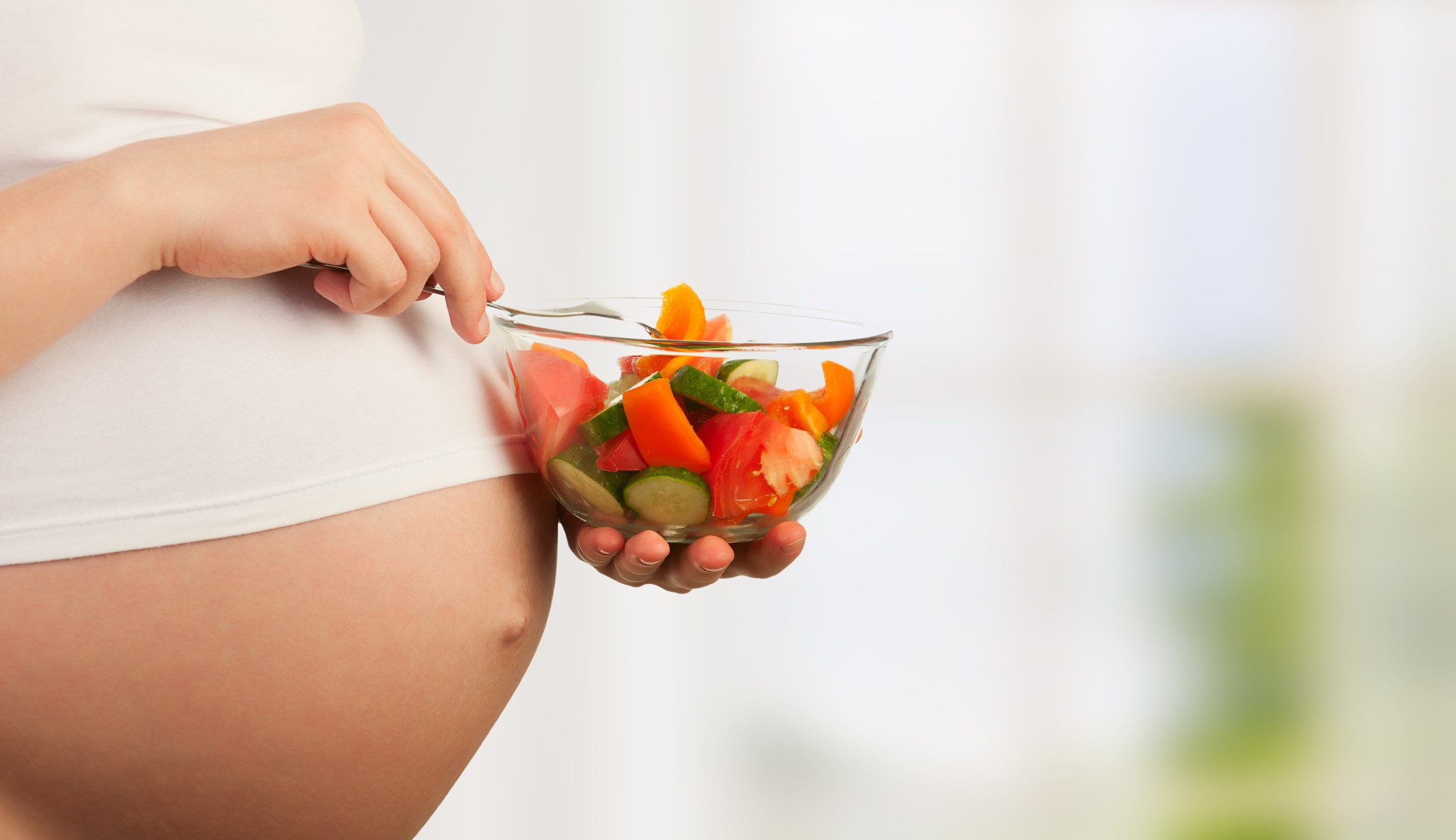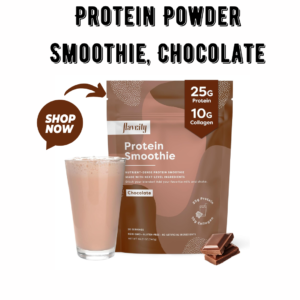Healthy eating is vital at all times, but it’s especially crucial for your unborn child’s health during pregnancy. When you are unwell or exhausted and do not want to spend time in the kitchen, it might be difficult to think about eating healthfully. Instead of putting too much pressure on yourself, concentrate on making an effort to eat a range of meals from the various food groups each day.
Contrary to popular belief, you do not now need to “eat for two” because you are pregnant. Eating in moderation is essential to maintaining a balanced diet. Try to concentrate on keeping things simple when it comes to eating healthy. Steer clear of packaged, highly processed foods that have additional sugar and salt. Instead, choose for minimally or completely processed foods, such as:
Fruit and vegetables
Pulses, nuts and seeds
Meat, fish and eggs
Milk, cheese and yogurt
Foods such as potato, rice and pasta.
It’s also critical to know which foods and beverages to stay away from while pregnant. This is due to the possibility that they will put you and your child at greater risk for issues.
Some women feel that they are having trouble eating healthily during pregnancy for a variety of reasons, such as feeling ill or having mental health issues.
The Eatwell guide
Women should consume about 2,000 calories per day on average. Depending on how active you are in the third trimester of your pregnancy, you might need to consume an additional 200 calories. To assist you in determining how much of each food type should comprise these 2000 calories, the NHS has developed the Eatwell Guide. Although you don’t have to use these amounts at every meal, strive to get the balance over the course of a day or even a week. When you go shopping, picking a balanced selection of foods might be made easier if you understand product labels.
Fruit and vegetables
Aim for five or more servings of fruits and vegetables each day. Eating a range of colors in food is ideal, and these can be canned, frozen, dried, or fresh. Additionally, they are a rich source of fiber, which helps ward off constipation, a common pregnant ailment.
When selecting canned produce, choose fruits and vegetables that are in water or fruit juice that don’t have any added salt or sugar.
What if I don’t like vegetables?
Try some raw veggies like peppers and carrots, or try some sweeter veggies like sweetcorn. Vegetables can also be pureed or diced and added to stews or sauces cooked with canned tomatoes. It’s unlikely that you’ll even notice it. You and your family will most likely come to like vegetables more if you continue to try new ones.
Fruit and veg don’t have to be expensive
Seasonally available fruits and vegetables are frequently less expensive. Keep an eye out for deals at your neighborhood greengrocer or supermarket. Fresh produce is frequently more affordable than prepackaged food. Farmers markets and neighborhood vegetable and fruit box programs, in addition to market booths, can provide excellent value for the money. Additionally, you can determine if you qualify for Healthy Start food coupons, which can be used to purchase fruits and vegetables.
Meat, fish, eggs, beans and other plant-based sources of protein
Protein is essential to your baby’s growth because it forms new tissue for muscles, bones, and organs. Many excellent sources of protein are available:
Beans
Pulses
Fish
Eggs
Meat (but avoid liver)
Poultry
Nuts.
Legumes, chickpeas, and beans are excellent plant-based protein sources for your diet. They offer protein, fiber, vitamins, and minerals and are naturally low in fat. They may also be included in your 5-a-day as one component. You might require a vitamin B12 supplement if you eat a plant-based diet because meat is typically the primary source. If you are a vegetarian, vegan, or plant-based diet follower, we offer further information about maintaining a healthy, balanced diet.
If fish is a part of your diet, try to have two servings per week. An oily fish such as mackerel, sardines, or salmon should be one of them. Certain kinds of fish are not good for you to eat when you’re trying to get pregnant or are pregnant.
For pregnant women, eating raw or partially cooked eggs produced in accordance with the British Lion Code of Practice is safe. In case the eggs are not red lion branded, they need to be thoroughly boiled. Learn more about consuming eggs while expecting.
If you do consume meat, try to limit your intake of processed and red meat and stick to lean cuts. Learn more about some wholesome dietary substitutions you can make while expecting. Ensure that the meat has been cooked all the way through and there are no pink meat.
Bread, rice, potatoes, pasta and other starchy foods
Foods like polenta, yams, couscous, and other grains and starchy roots are also included in this category. Foods high in starchy carbohydrates should account for little more than one-third of your diet because they are high in energy.
Select wholegrain, wholemeal, or multigrain varieties of staple foods including pasta, rice, and bread. These can help you feel fuller and provide you with additional nutrients and fiber. Potato skins can be left on when cooking; this method is more affordable, simpler, and nutrient-dense!
Milk and dairy foods
Dairy products include cheese, yogurt, and milk. Certain cheeses are not recommended to be consumed while pregnant.
Foods containing dairy are an excellent source of calcium, which is necessary for healthy bones and teeth. When it is feasible, opt for versions with lower fat content. Choose unsweetened, calcium-fortified soy beverages and yogurts if you prefer them over dairy alternatives.


